
Join 10k+ people to get notified about new posts, news and tips.
Do not worry we don't spam!
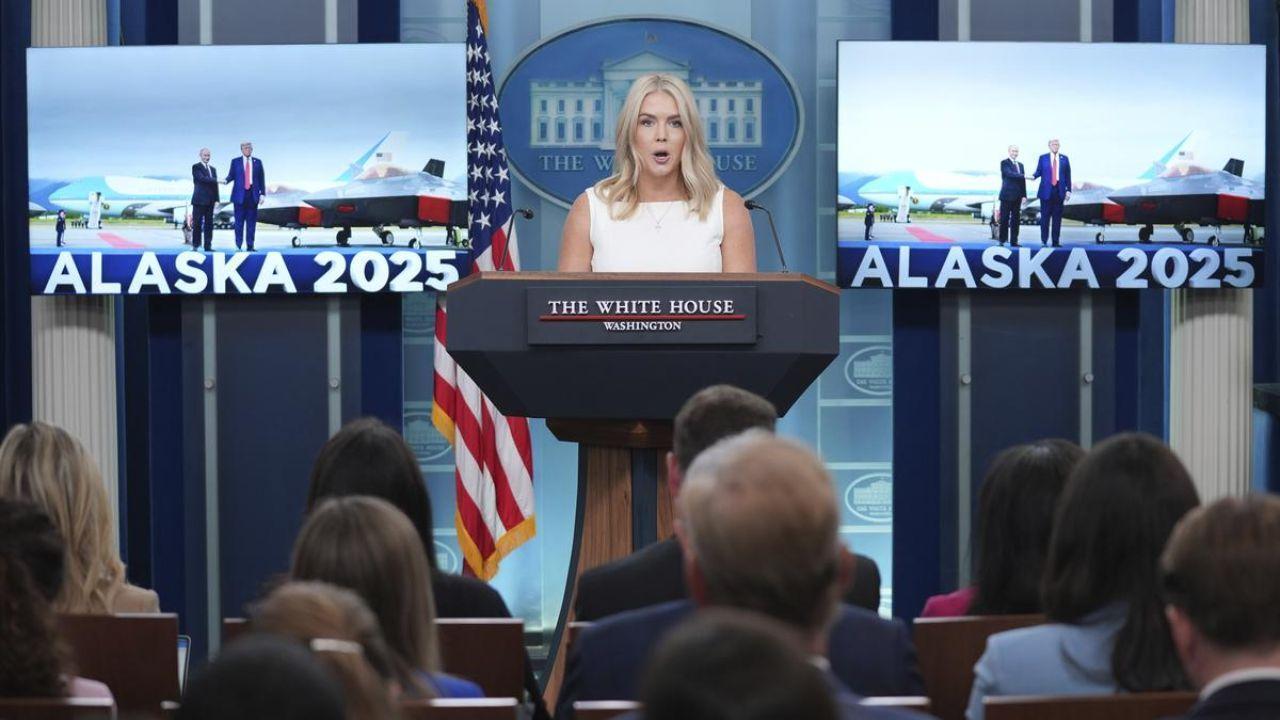
Post by : Jyoti Gupta
Photo:AP
In a major escalation in U.S.-India relations, White House Press Secretary Karoline Leavitt announced on Tuesday that President Donald Trump has imposed sanctions on India as part of his broader effort to bring an end to the Russia-Ukraine war. These sanctions, she explained, are part of a strategy to exert pressure on countries that continue to purchase large volumes of Russian oil, which the United States considers to be funding the ongoing conflict in Ukraine.
“The President has put tremendous public pressure to bring this war to a close. He has taken actions, including sanctions on India, as well as other measures. He has made himself very clear that he wants to see this war end,” Leavitt said at a press briefing, emphasizing the administration’s commitment to using economic and diplomatic tools to influence global outcomes.
Background: India’s Russian Oil Imports
India has reportedly imported approximately 2 million barrels per day (bpd) of Russian oil in August 2025, a substantial increase compared to pre-invasion levels. U.S. Treasury Secretary Scott Bessent criticized India for its role in the global energy market, claiming that India has been “profiteering” by buying cheap Russian crude and reselling it, earning billions in excess profits.
Bessent highlighted the contrasting treatment between India and China, saying that while China has modestly increased its imports of Russian oil since the invasion—rising from 13% of its oil supply pre-2022 to 16% today—India’s imports have jumped from less than 1% before the war to 42%.
“China’s imports remain diversified, while India has made an aggressive pivot to Russian oil, creating a clear imbalance,” Bessent said. “The practice of buying cheap Russian oil and reselling it—what we call ‘Indian arbitrage’—has emerged sharply during the war. Some of India’s richest families have made $16 billion in excess profits through this, and it is unacceptable in the context of global efforts to pressure Russia.”
U.S. Tariffs and Economic Pressure
The Trump administration has responded by imposing tariffs on Indian imports totaling 50%, including a 25% tariff specifically on India’s purchases of Russian oil, which is set to take effect from August 27, 2025. This measure represents one of the most significant trade actions taken by the U.S. against India in recent years.
India has labeled these tariffs as “unjustified and unreasonable,” arguing that the move unfairly targets its economy and trade interests. Indian officials have stressed that India’s energy security depends on diversifying oil sources, and that the country must balance affordability, supply stability, and international diplomatic pressures.
Broader Implications for Global Energy Markets
Experts have warned that the sanctions could have far-reaching effects on global energy prices, trade flows, and diplomatic alliances. By targeting India, the U.S. seeks to reduce revenue streams to Russia while signaling to other nations that continued engagement with Moscow could result in similar punitive measures.
Analysts note that India’s reliance on Russian oil has risen sharply due to global shortages and competitive pricing, but the move has placed New Delhi in a precarious position vis-à-vis Washington. It also raises questions about the effectiveness of unilateral sanctions in influencing global energy markets, where demand and supply are interconnected across continents.
Trump’s Role in India-Pakistan Relations
In addition to addressing energy trade, the White House also credited President Trump with brokering a resolution to the long-standing military tensions between India and Pakistan. Press Secretary Leavitt stated, “The President is using the might of American strength to demand respect from our allies, our friends, and our adversaries all around the world.”
She highlighted Trump’s claims that he successfully mediated talks that led to a “full and immediate” ceasefire between India and Pakistan, preventing a potential nuclear confrontation. “We’ve seen this not only in the progress with Russia and Ukraine but also in the closing of seven global conflicts worldwide,” she added, citing India-Pakistan as one of these critical conflicts.
Trump has repeatedly asserted on public platforms that he played a pivotal role in ending the hostilities between the two nuclear-armed neighbors, emphasizing that his use of trade leverage and diplomatic negotiation helped prevent escalation.
However, India has consistently maintained that the ceasefire was the result of direct military-level talks between the Directors General of Military Operations (DGMOs) of India and Pakistan. Prime Minister Narendra Modi told Parliament that no foreign leader, including President Trump, asked India to halt military operations, specifically referring to Operation Sindoor.
Reactions and Analysis
The sanctions and U.S. criticism have triggered a range of reactions:
* In India, Government officials called the tariffs “unreasonable,” arguing that India is pursuing legitimate energy security measures. Analysts in India also pointed out that India’s growing economy requires access to affordable energy, and cutting Russian oil imports abruptly could have severe domestic consequences.
* Internationally, Observers note that the U.S. move signals its intent to maintain global leadership in pressuring Russia economically while using trade and sanctions as diplomatic leverage. Countries across Asia, Europe, and the Middle East are closely monitoring how India responds, as the situation could influence regional energy supply chains and geopolitical alignments.
* Economic Experts: Some economists warn that tariffs could lead to increased costs for Indian exporters, potentially affecting trade balances, consumer prices, and bilateral investment flows between India and the U.S. The 50% tariffs on Indian exports could reduce demand significantly, impacting multiple sectors, from technology to textiles.
Global Diplomacy and Strategic Significance
The sanctions are part of a larger strategic framework by the Trump administration, which includes:
1. Pressuring Russia economically to end its war in Ukraine.
2. Signaling to allies and adversaries that the U.S. will use trade and sanctions as tools of leverage.
3. Positioning the U.S. as a peacemaker by claiming success in mediating conflicts like India-Pakistan.
This approach demonstrates a mix of economic coercion and diplomatic assertiveness, aimed at reshaping alliances and encouraging nations to align with U.S. foreign policy objectives.
The U.S.-India tensions over Russian oil imports and sanctions represent a critical moment in international relations. While the Trump administration frames these measures as necessary to end the Russia-Ukraine war and maintain global security, India views them as punitive and potentially harmful to its economic and energy interests.
How India responds in the coming weeks—whether by negotiating with the U.S., diversifying its oil sources, or finding alternative economic strategies—will have lasting implications for global diplomacy, energy security, and South Asian stability. Meanwhile, President Trump continues to assert his influence in international affairs, emphasizing trade and diplomatic leverage as key tools of his administration’s foreign policy.
India sanctions

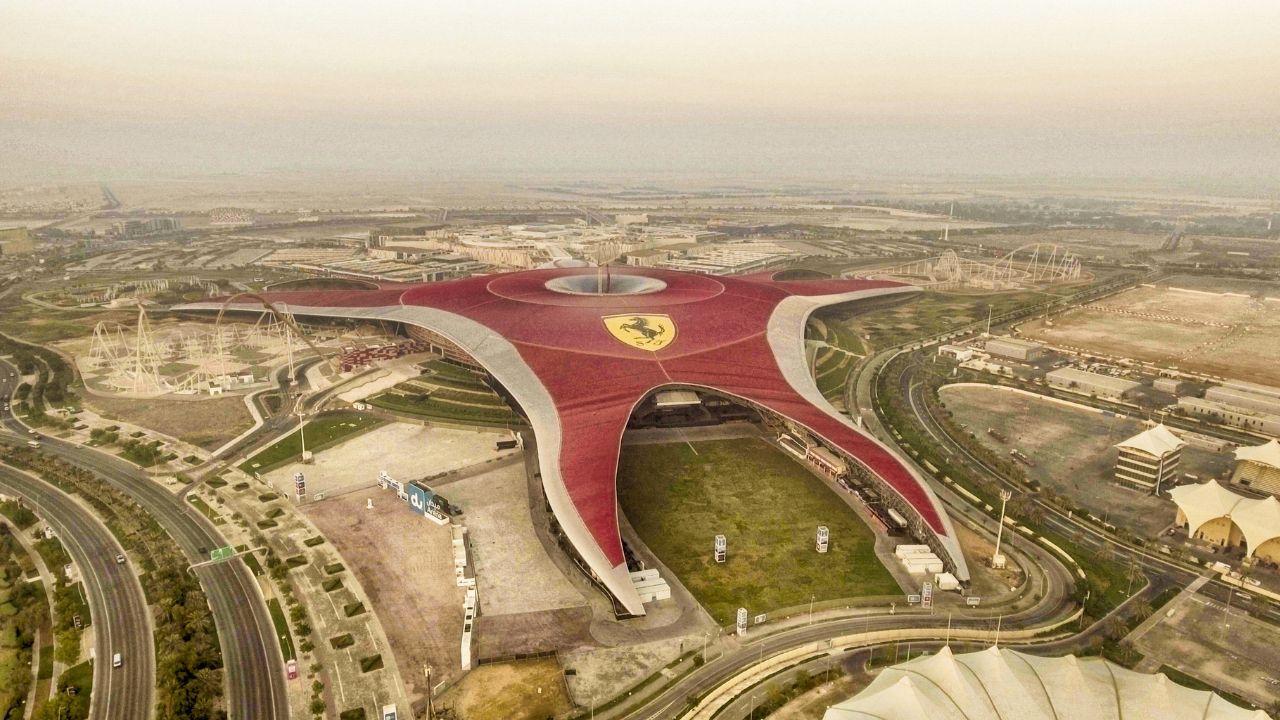


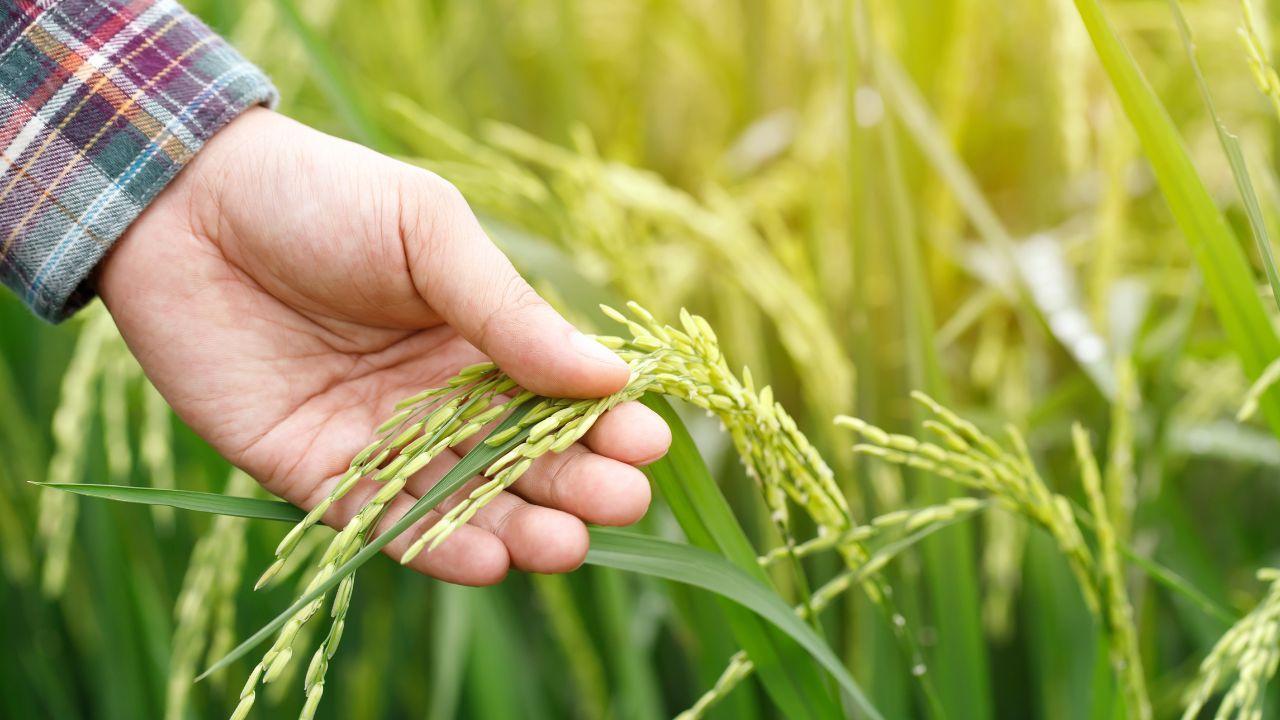
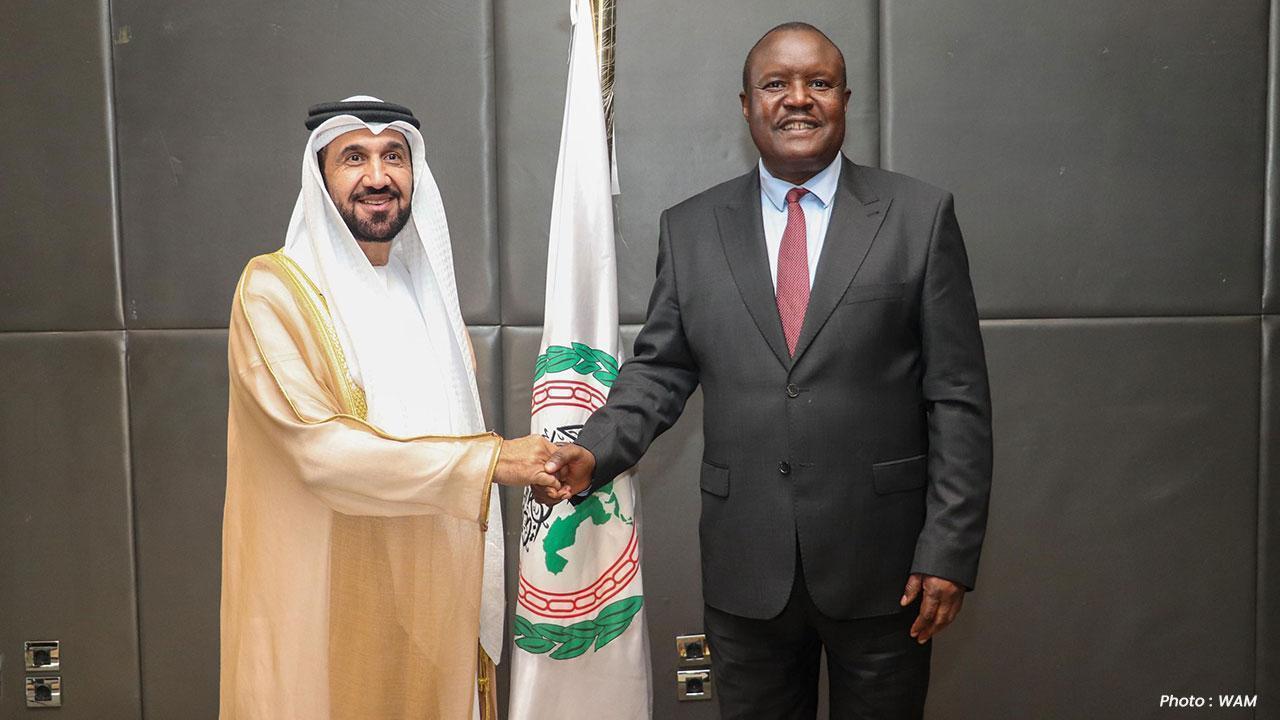



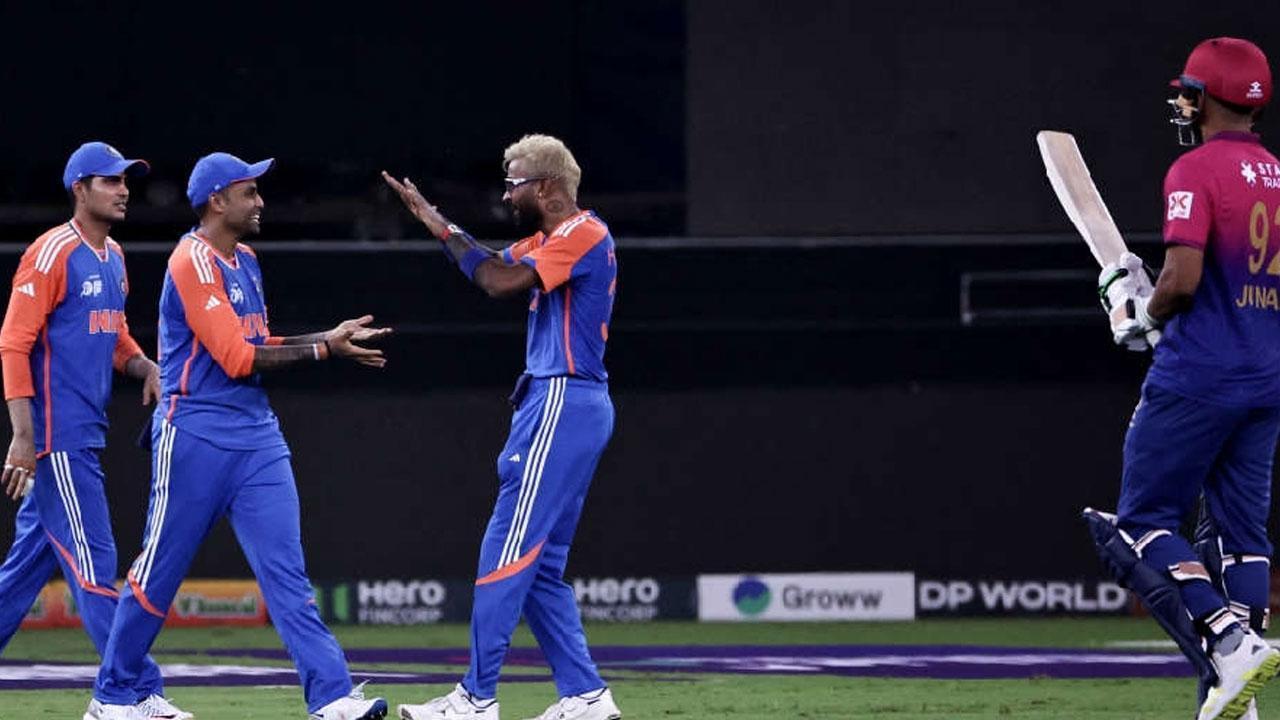
India Dominates UAE by 9 Wickets in Asia Cup 2025 Opener with Brilliant Bowling
India dominates UAE in Asia Cup 2025 opener, winning by 9 wickets with Kuldeep Yadav shining and a q

Karishma's Kids Get 1,900 Crore: Priya Kapoor Defends Sunjay Kapur Estate
Priya Kapur claims Karisma Kapoor’s children already received Rs 1,900 crore as court battle over Su
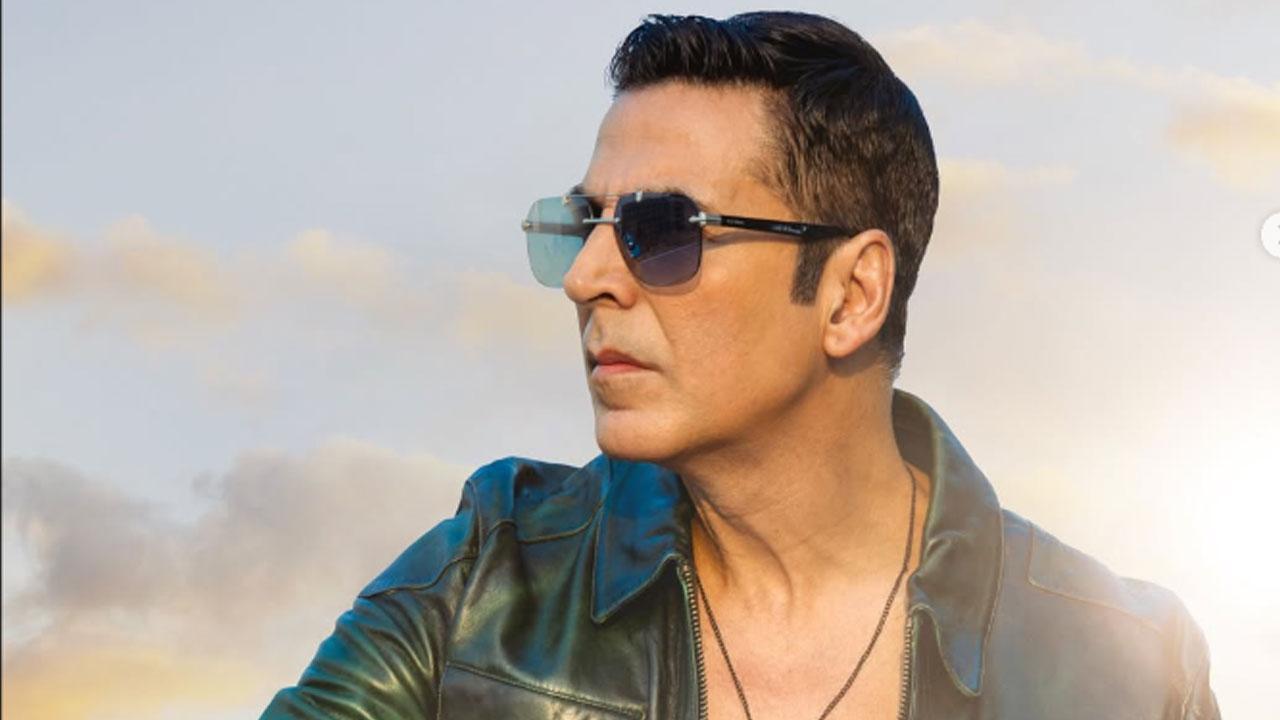
Akshay Kumar 58th Birthday Heartfelt Thanks to Fans and Colleagues
Bollywood star Akshay Kumar celebrates his 58th birthday with gratitude, thanking fans and colleague

Hina Khan Backs Ashnoor Kaur After Farhana Bhatt Bigg Boss 19 Remarks
Hina Khan supports Ashnoor Kaur after Farrhana Bhatt’s comment on Bigg Boss 19, sparking social medi

India Beats Korea 4-1 to Win Asia Cup 2025, Secures Spot in 2026 World Cup
India dominates Korea 4-1 in Asia Cup 2025 final, wins the title and qualifies for the 2026 Men’s Ho

Daniel Ricciardo Retires from Racing, Joins Ford as Global Motorsports Ambassador
Daniel Ricciardo ends his racing career and becomes Ford’s Global Racing Ambassador, staying connect